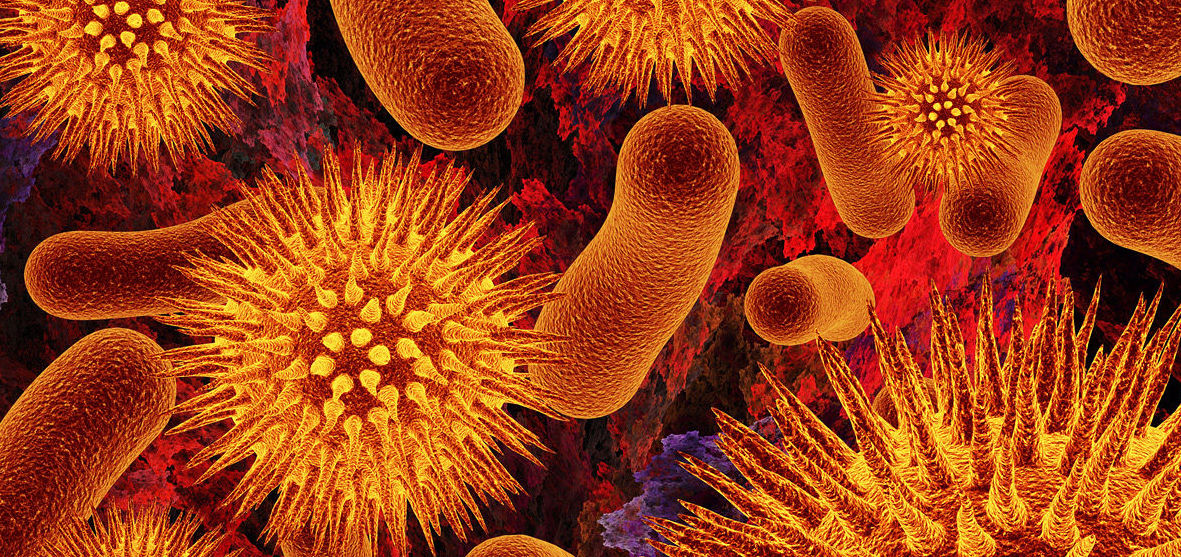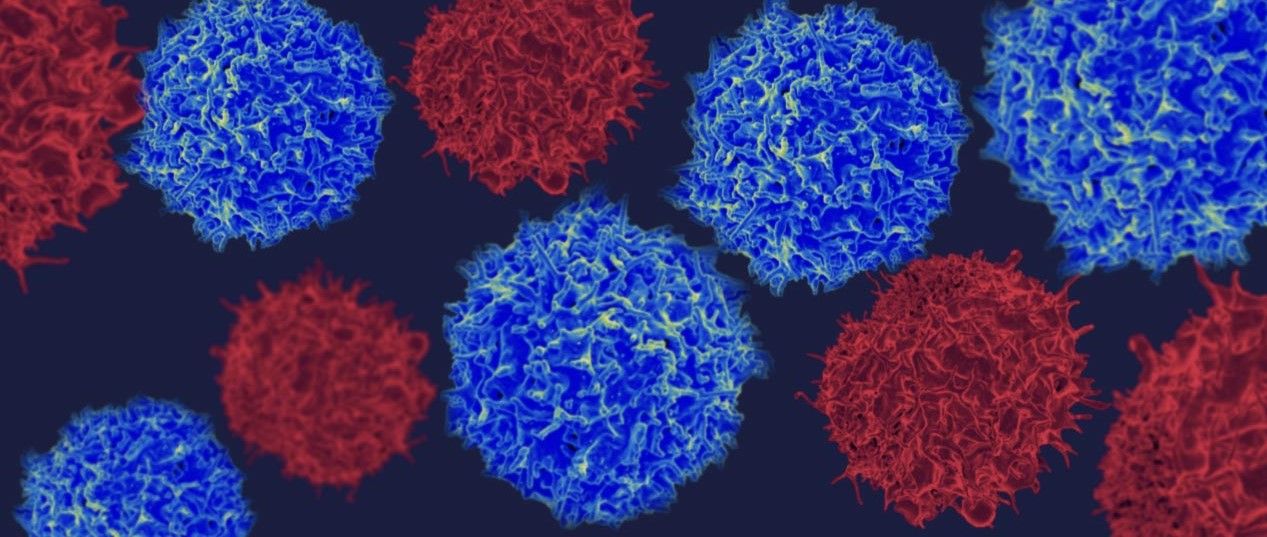Antibodies are one of the body’s most effective defenses against microbial pathogens. But at least one of these immune system proteins helps an apparently harmless bacterium make itself a lasting home in the human gut. The bacterium seems to coax immunoglobulin A (IgA), one of the most abundant antibodies produced by mammals, to cover its surface, helping it stick to the mucus lining of the gut and become a stable part of the microbiome, the constellation of microbes inhabiting our gut. The finding, in germ-free mice, could one day help researchers trying to treat a variety of conditions by adding microbes to the human body.
This “dialogue” between the bacteria and the immune system “will likely influence the function of many physiological systems,” says Sidonia Fagarasan, an immunologist at the RIKEN Yokohama Institute in Japan, who first proposed in 2002 that IgA might help certain bacteria rather than eliminate them.
IgA was discovered 50 years ago. A human makes 3 to 5 grams of this antibody daily, some 75% of the body’s antibody production. IgA is also abundant in mother’s milk, presumably to fend off infections. But after noticing that mice with low levels of IgA had abnormal microbiomes, Fagarasan proposed that IgA also played a role in maintaining and controlling bacteria in the body. But no one had been able to pin down how, until now.
At the California Institute of Technology in Pasadena, microbiologist Sarkis Mazmanian and his graduate student, Gregory Donaldson, have been trying to understand how a strain of the gut bacterium Bacteroides fragilis—which may help lessen symptoms of colitis, multiple sclerosis, and even autism—can persist for years in the ever-changing environment of the gut.
Using a combination of immunological, microbiological, genetic, and imaging techniques to explore the bacterium’s stable existence in the gut, Donaldson found that IgA was critical. He and his colleagues discovered the bacterium coated its cell surfaces with sugars that bind IgA in large numbers. IgA often covers pathogens as a way to disarm them and promote their clearance, but in this case, IgA caused the microbes to clump together along the gut lining and penetrate the protective mucus layer, allowing them to cozy right up to the gut’s cells. Without IgA, the microbes fail to permanently colonize the gut, he and his colleagues report online today in Science. “This was not what we expected,” Donaldson says. “The same molecule from the immune system can have a different effect on different [bacterial] species.”
The most telling experiment about IgA’s role involved mice raised in a germ-free environment, some of which had been genetically engineered to be incapable of producing IgA. B. fragilis was able to persist in the gut when added to the IgA-producing mice, but never got established in the guts of the IgA-deficient mice, the team reports.
Additional bacteria may rely on IgA for colonizing the gut; when the researchers added all the residents of a mouse gut microbiome to the germ-free, IgA-deficient mice, a few other microbes failed to get established as well, Donaldson notes. “This shows how intimately we’ve coevolved with microbiome,” Mazmanian says. The work “really starts to unravel the underpinning of the symbiosis.”
“The work is clearly supporting the view that IgA was evolutionarily selected not only to protect against invading pathogens, but perhaps even more so to help … intestinal flora,” Fagarasan adds.
Nicholas Mantis, a mucosal immunologist at the New York State Department of Health’s Wadsworth Center in Albany, agrees that the study shows that the antibodies are serving as a scaffold to allow the bacterium to stick better to the mucus. But he’s not sure the bacterium has developed any specific tactics to ensure IgA attaches to its surface.
Even so, given that clinicians are examining the reintroduction of gut microbes to treat a number of conditions where that gut microbiome is out of whack, using antibodies could help establish beneficial bacterial colonies, Mantis says. That could lead to many long-term clinical applications.




